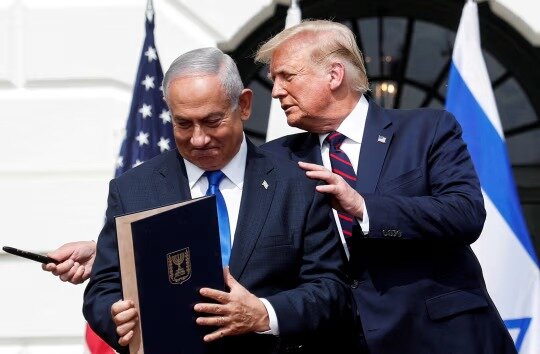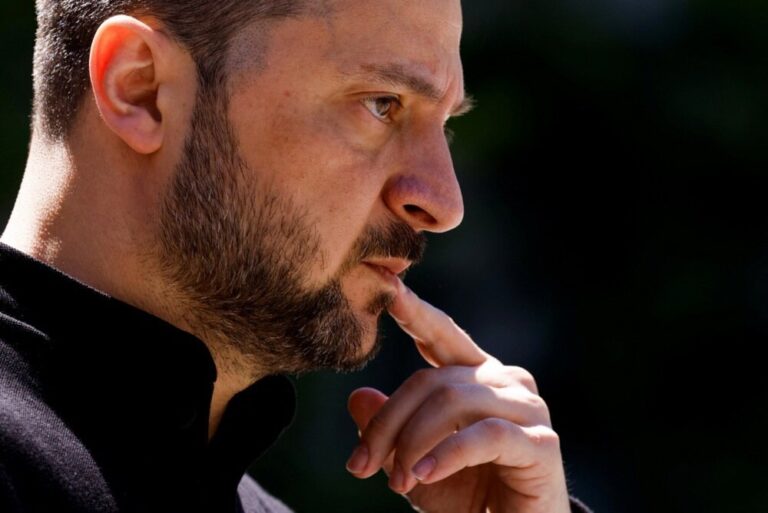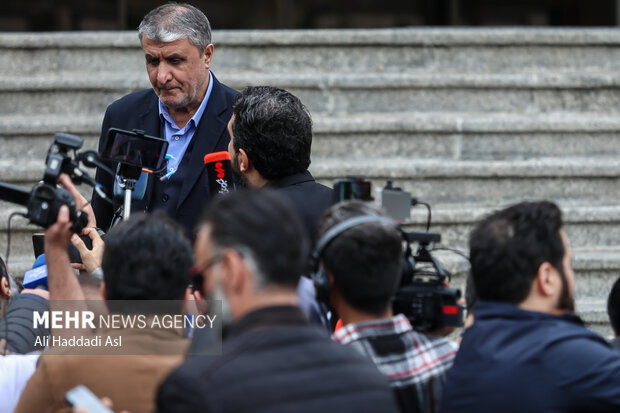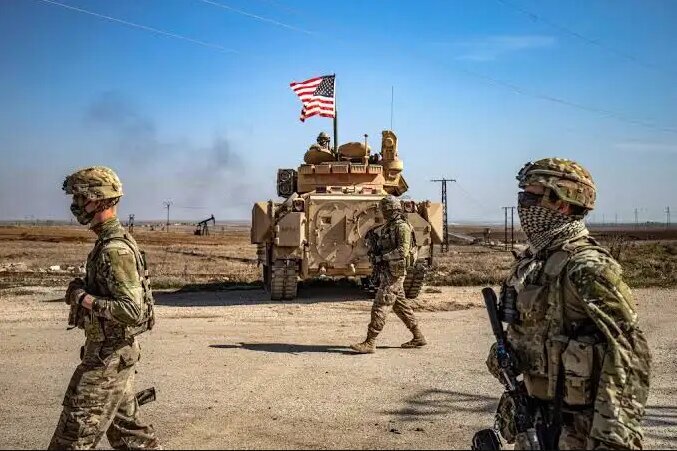Trump’s Controversial Arms Deal with Israel: A Reward for Netanyahu Amid Gaza Crisis
In recent developments regarding the ongoing conflict in Gaza, US President Donald Trump has been vocal about his intentions to facilitate peace between Israel and Hamas. However, his actions raise concerns about whether he is genuinely committed to resolving the conflict or simply emboldening Israel to continue its military operations in Palestinian territories.
On Monday, the Wall Street Journal reported that Trump is proposing a substantial new arms sale to Israel, amounting to $1 billion. This proposed military assistance has stirred significant discussion and debate, particularly in the context of the recently established ceasefire between the two parties.
The arms package, as detailed by the WSJ, includes:
- 4,700 MK-84 1,000-pound bombs, valued at over $700 million
- Armored bulldozers manufactured by Caterpillar, worth more than $300 million
Furthermore, on January 25, Trump ordered the release of a shipment of MK-84 2,000-pound bombs to Israel, which had previously been held up by former President Joe Biden due to concerns about civilian casualties in Gaza. This move highlights the current administration’s willingness to support Israel militarily amidst an ongoing conflict.
The announcement about the arms transfer coincides with a visit from Israeli Prime Minister Benjamin Netanyahu to the United States, where discussions primarily centered around the Gaza ceasefire agreement. This ceasefire, which took effect on January 19, is structured to unfold in three phases, ultimately leading to:
- The full withdrawal of Israeli forces from the Gaza Strip
- The release of captives detained in Gaza
The roots of the current Gaza conflict can be traced back to an Israeli military invasion initiated on October 7, 2023, following a surprise attack by Hamas in southern Israel. This attack resulted in devastating casualties, with over 1,100 individuals killed and around 250 others captured.
Netanyahu has publicly stated his intention to continue military operations until Hamas is eradicated and all captives are released. However, the ceasefire was ultimately a concession made by Netanyahu, who faced significant challenges in achieving his military goals.
Throughout the Gaza conflict, the Biden administration has shown unwavering support for Israel, committing substantial military and political resources. According to a report from Brown University’s Costs of War project, Washington has pledged a record $17.9 billion in military aid to Israel since the onset of the Gaza war. In early January, the Biden administration also notified Congress of an impending $8 billion weapons sale to Israel.
In an effort to appease domestic concerns regarding the humanitarian crisis in Gaza, Biden paused the shipment of 2,000-pound bombs to Israel in May. Despite this, the administration has continuously supported Israel, demonstrating a commitment to its strategic alliance, even as the conflict has resulted in significant loss of life.
According to health officials in Gaza, the conflict has claimed the lives of over 61,700 Palestinians, including nearly 18,000 children. Critics argue that Biden’s approach to the crisis has been reactive, showcasing a reluctance to exert pressure on Israel to mitigate its military actions.
It is worth noting that some analysts suggest that Trump’s election has prompted Israel to agree to the recent truce. However, this perspective may overlook the reality that the ceasefire was largely a result of Israel’s military setbacks amid increasing resistance from Gaza.
Before taking office, Trump had expressed a desire to end the Gaza conflict, but his subsequent actions have led many to question his motives. The charm offensive from both incumbent and former US presidents towards Palestinians often appears to be a calculated strategy, intended to obscure the ongoing atrocities committed by Israel in the West Bank and Gaza Strip.
In summary, while President Trump has publicly stated his commitment to a ceasefire, his administration’s military support for Israel raises critical questions about the genuine intent to achieve lasting peace in the region. As the situation evolves, the international community continues to watch closely, hoping for a resolution that prioritizes human rights and humanitarian concerns.






